Key Features Every Business mobile app Should Have
In today’s digital era, mobile applications have become indispensable tools for businesses across industries. Whether you are a startup or an established company, having a well-designed mobile app is crucial for staying competitive. Business mobile app help improve customer engagement, streamline operations, and boost overall efficiency. As the demand for mobile app continues to grow, business owners must ensure that their apps incorporate the essential features needed to meet the needs of users and achieve business goals. In this blog, we will discuss the key features that every business mobile app should have, with a particular focus on the role of mobile app developers bringing these features to life.
User-Friendly Interface
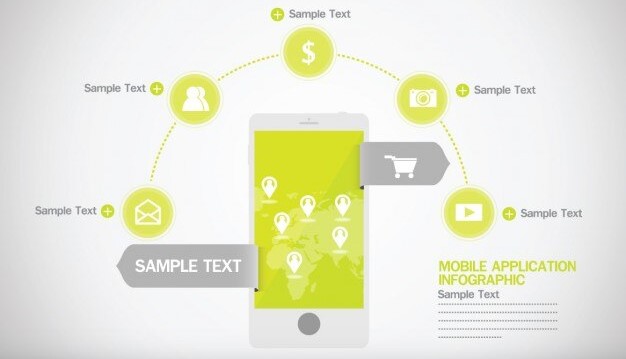
One of the first aspects that business mobile app must prioritize is a user-friendly interface. The success of an app depends largely on how intuitive and easy it is to use. When users download an app, they expect it to provide an immediate solution to their needs without being overwhelmed by complex navigation or cluttered screens.Mobile app developers ensure that the interface is clean, well-organized, and easy to navigate. Simplicity in design is key—users should be able to find what they need in just a few taps. A user-friendly interface increases user satisfaction, reduces bounce rates, and encourages repeat usage of the app.
Push Notifications
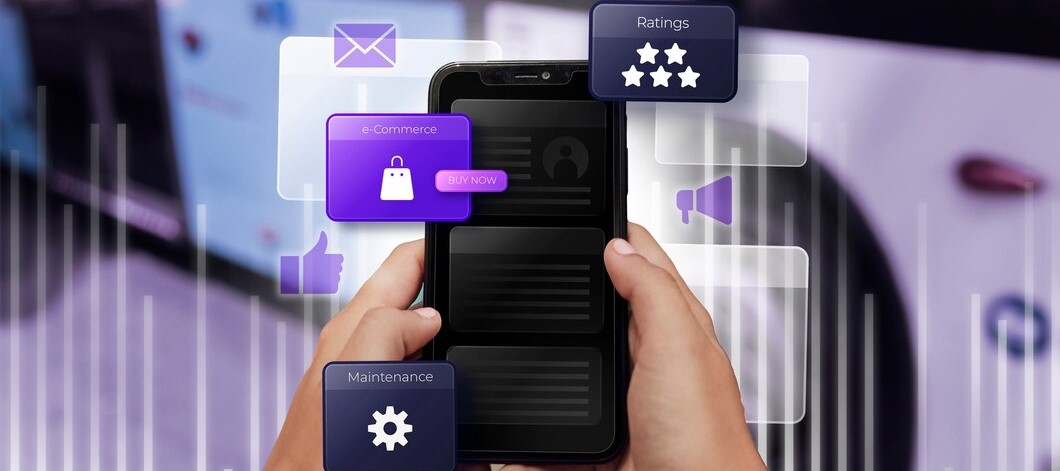
Push notifications are a powerful feature for keeping users engaged and informed about important updates, promotions, or reminders. These notifications allow businesses to send real-time messages directly to the user’s phone, providing them with relevant information without requiring them to open the app. Mobile app developers integrate push notification functionality into the app to help businesses send personalized, timely messages. Push notifications can also be used to drive app usage, re-engage dormant users, and increase conversion rates. However, it is essential to use push notifications judiciously. Too many notifications can annoy users, leading them to disable notifications or even uninstall the app.
Secure Payment Integration

For eCommerce businesses and other companies offering products or services through their mobile app, secure payment integration is a must. Customers want to be assured that their financial information is safe and protected when making transactions online. Mobile app developers integrate reliable, secure payment gateways that ensure a smooth and safe transaction process. Features like encryption, secure sockets layer (SSL) certificates, and multi-factor authentication provide additional layers of security. Offering various payment options, such as credit cards, mobile wallets, and even cryptocurrency, can also enhance the app's appeal and flexibility.
In-App Messaging and Support
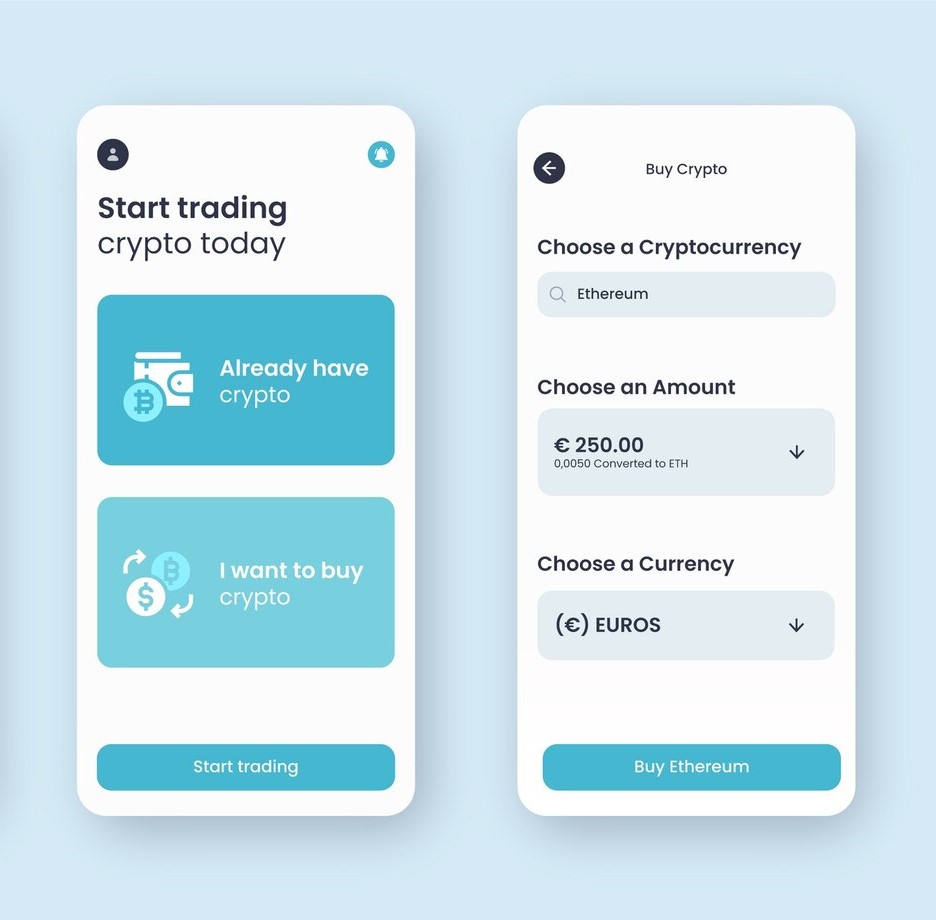
In-app messaging and customer support features allow businesses to provide immediate assistance to their users. Whether it’s for troubleshooting or inquiries, having a reliable support system can significantly improve user experience. Business mobile app should include features like live chat, in-app ticketing, or a knowledge base where users can find answers to frequently asked questions. Mobile app developers a crucial role in integrating these features seamlessly into the app. Offering in-app support also helps businesses reduce customer churn, as users can get help without leaving the app or waiting for email responses.
Location-Based Services
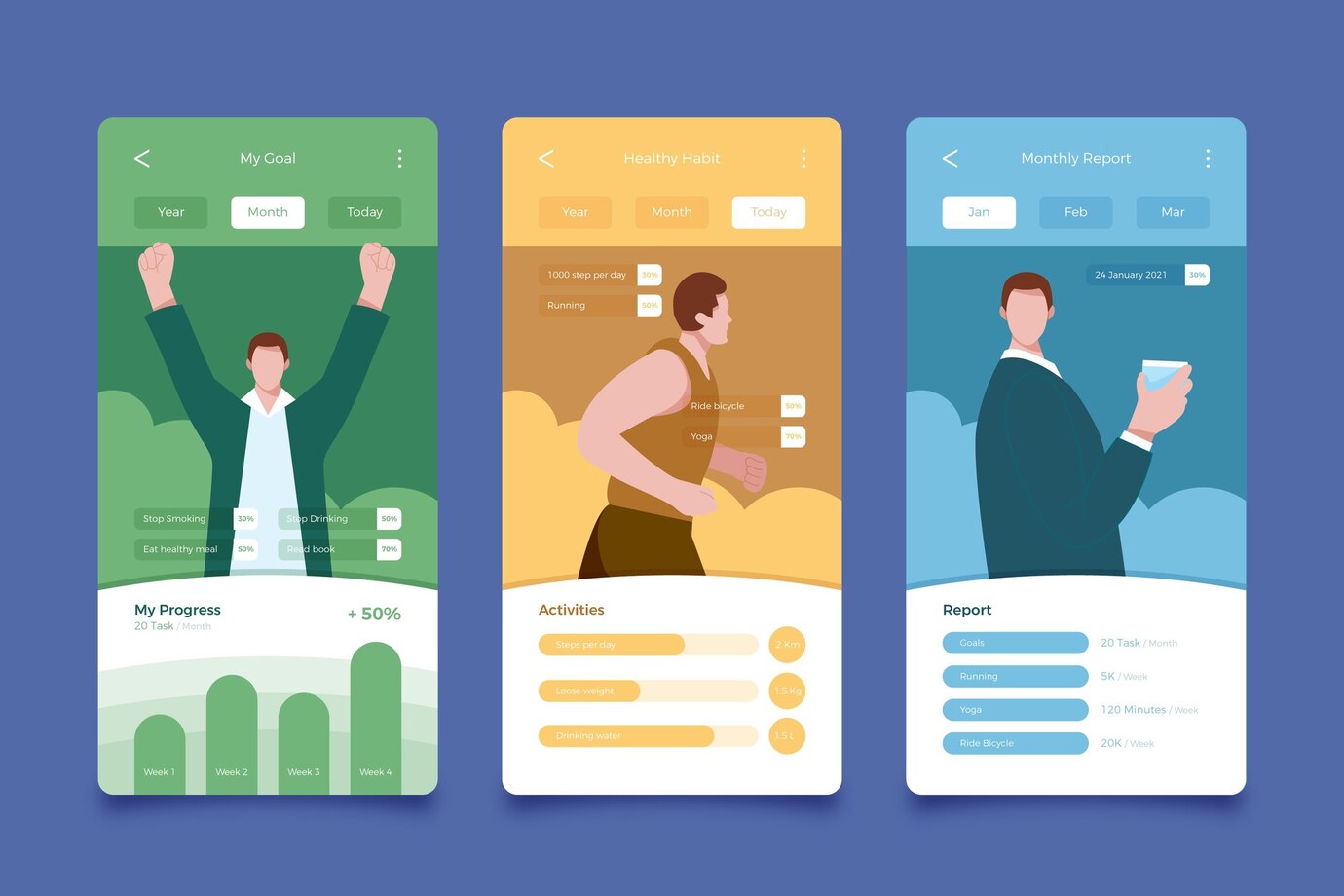
Location-based services are becoming increasingly important for businesses that operate in physical locations or need to offer personalized services based on user location. Features like geolocation, store locators, and personalized promotions based on proximity can make a big difference in the user experience. For example, if a user is near a retail store, the app can send them a special offer or provide directions to the store. Mobile app developers leverage GPS technology to integrate these features into the app. For businesses, location-based services not only enhance user engagement but also provide valuable data for marketing strategies and customer behavior analysis.
Analytics and Insights
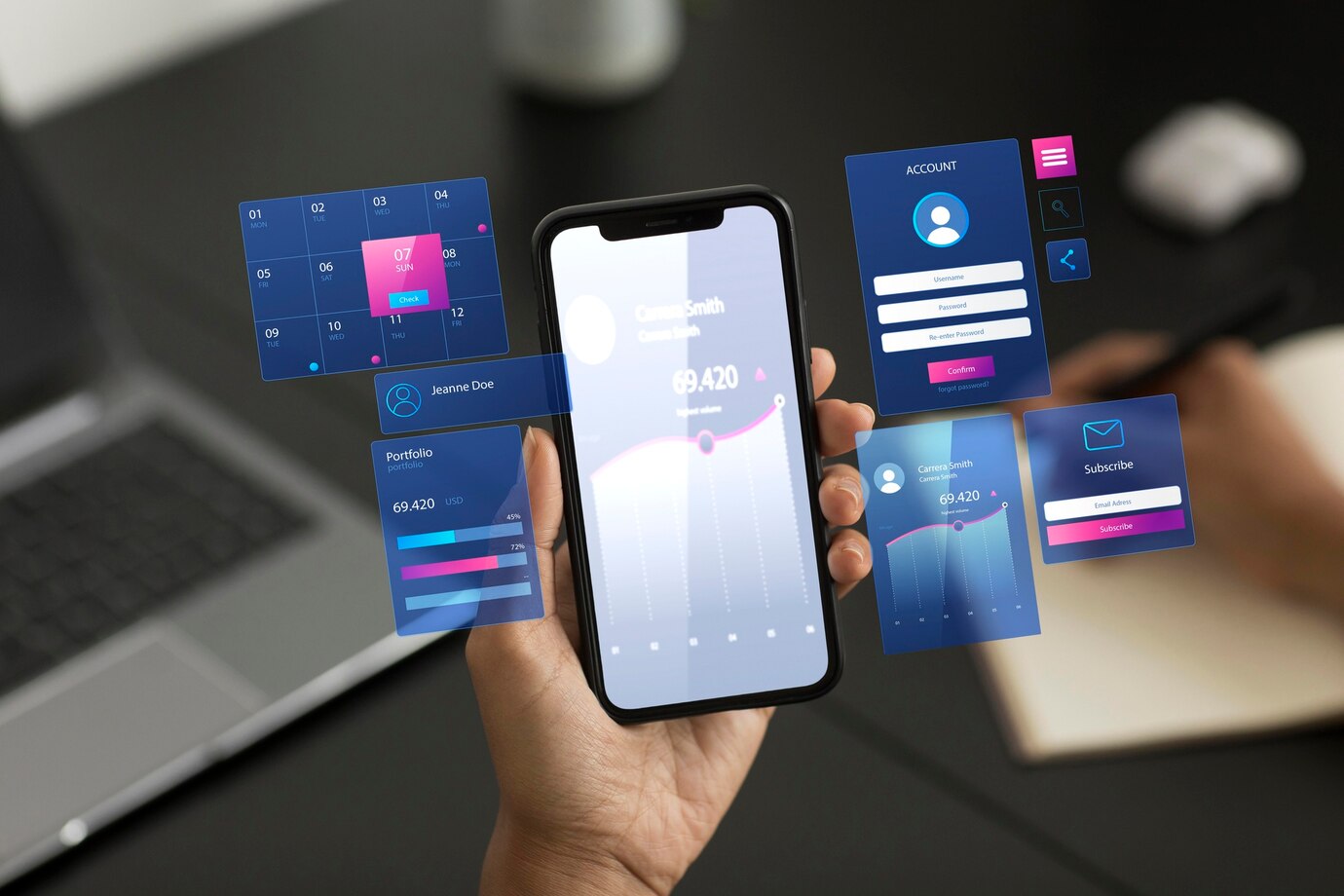
To stay competitive and make informed decisions, businesses must track the performance of their mobile app. Analytics and insights are essential tools that help businesses understand user behavior, app usage patterns, and other key metrics. Mobile app developers integrate analytics tools, such as Google Analytics or custom analytics dashboards, into the app. These tools provide data that can help businesses improve their apps, refine marketing strategies, and optimize customer interactions. By understanding which features are most used, businesses can focus on improving them and remove unnecessary functionalities that are not serving the user’s needs.
Offline Functionality

While internet connectivity is widespread, users may not always have a stable connection when using the app. This is especially true for users in areas with poor network coverage or when they are traveling. To ensure that users can still engage with the app even when offline, mobile app developers incorporate offline functionality. This feature allows users to access certain app features, such as viewing previously loaded content, making purchases, or accessing stored data, without requiring a constant internet connection. Implementing offline functionality can help businesses reach a broader audience, improve app reliability, and enhance overall user satisfaction.
App Performance and Speed
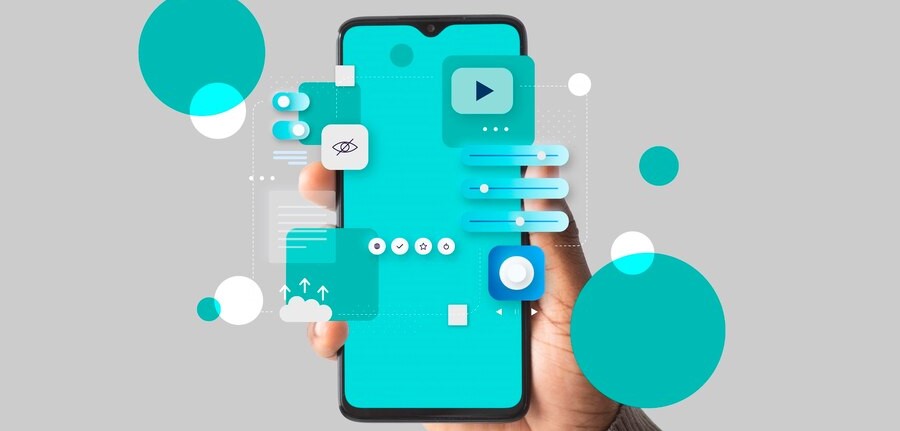
The performance and speed of a business mobile app are critical factors that can influence user experience and retention rates. A slow or laggy app can frustrate users and lead to high bounce rates. Mobile app developers focus on optimizing the app's speed and performance by minimizing load times, optimizing code, and ensuring smooth transitions between app screens. Efficient performance also reduces battery consumption, which is an important consideration for mobile users. Businesses must prioritize app performance to retain users and encourage them to use the app regularly.
Social Media Integration
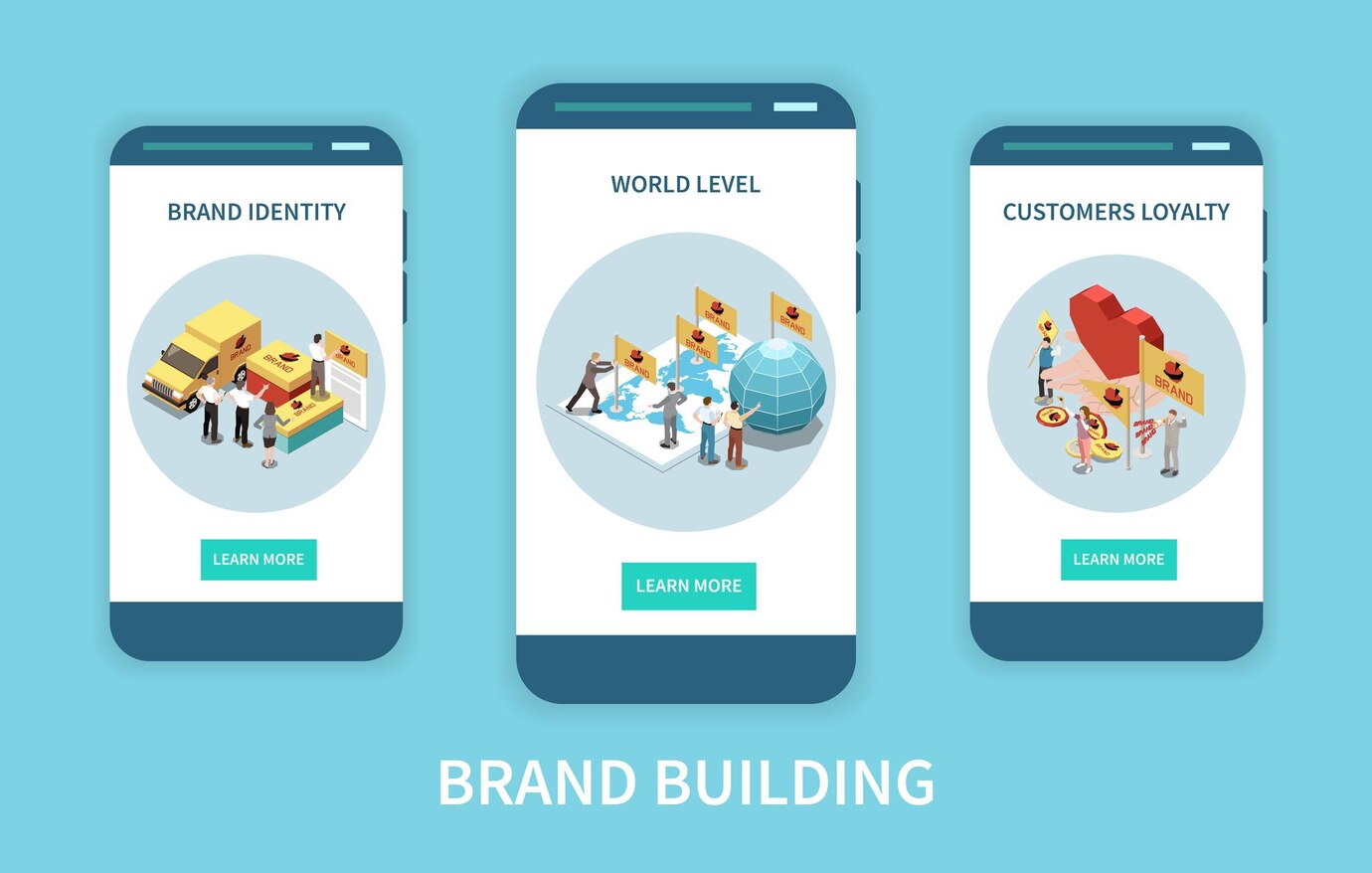
Social media integration is another essential feature for business mobile app. With the widespread use of social media platforms like Facebook, Instagram, and Twitter, allowing users to share content from the app or log in using their social media accounts can enhance the app’s reach and user engagement. Social media integration also makes it easier for users to follow the brand on various platforms and stay up-to-date with the latest updates, promotions, and offers. By enabling easy sharing and login options, businesses can tap into the network effects of social media, attracting more users to the app.
Conclusion
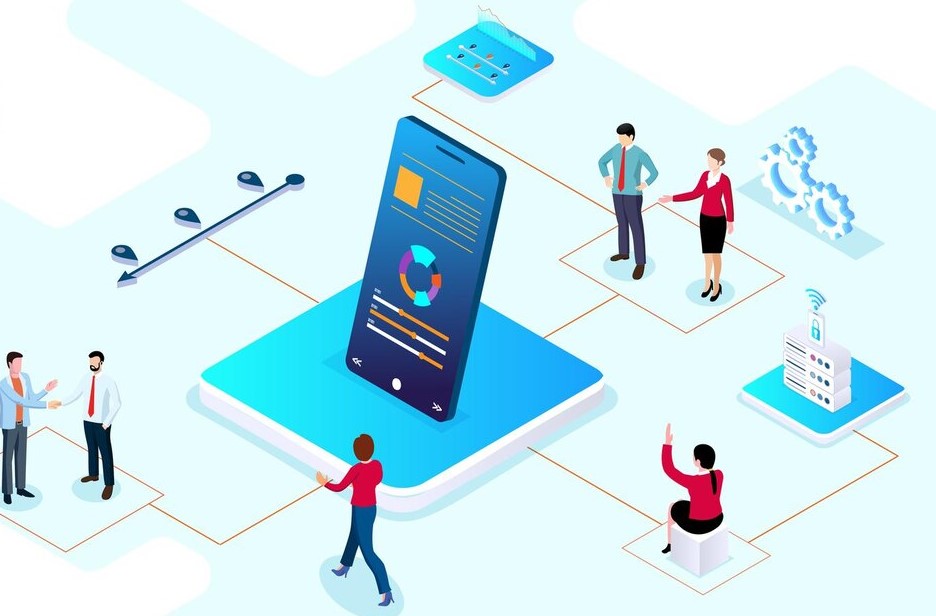
Developing a successful business mobile app requires a combination of key features that enhance user experience, streamline operations, and align with business objectives.Mobile app developers a pivotal role in bringing these features to life, ensuring that the app meets user expectations and functions smoothly across devices. Whether it’s a user-friendly interface, secure payment options, push notifications, or location-based services, each feature contributes to the app’s overall effectiveness and success. By incorporating these essential features, businesses can create a mobile app that not only attracts users but also drives engagement, conversions, and long-term growth.






